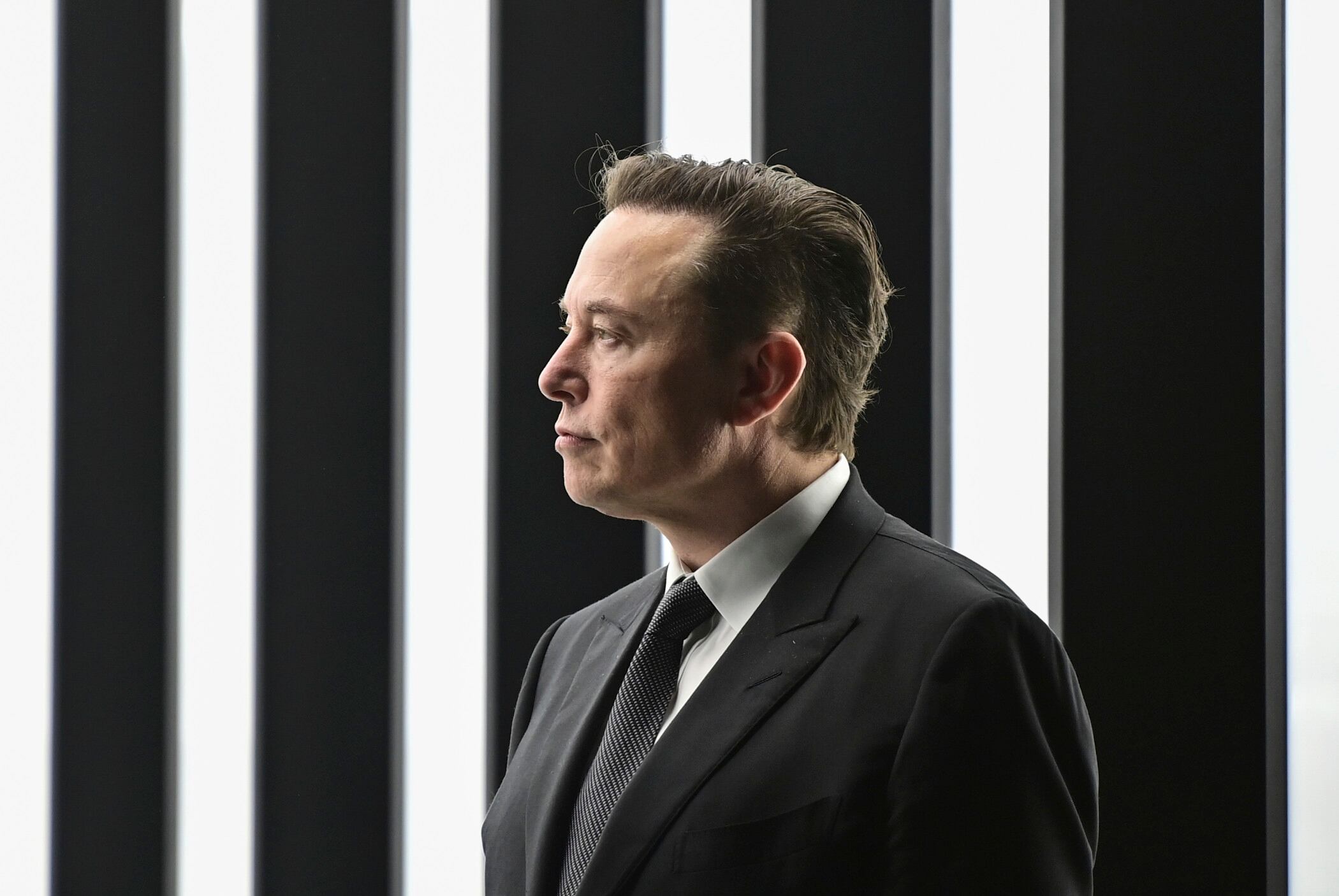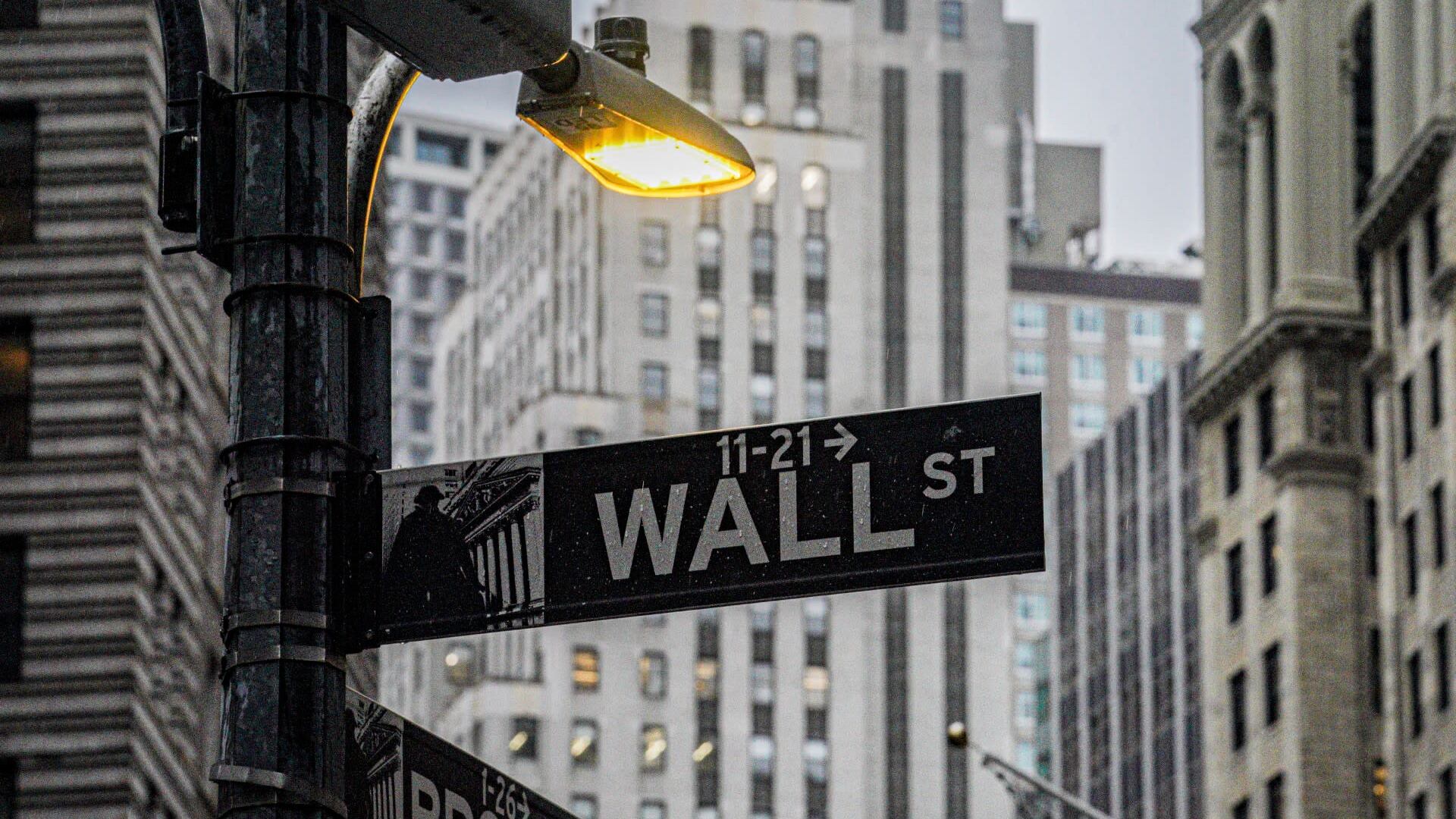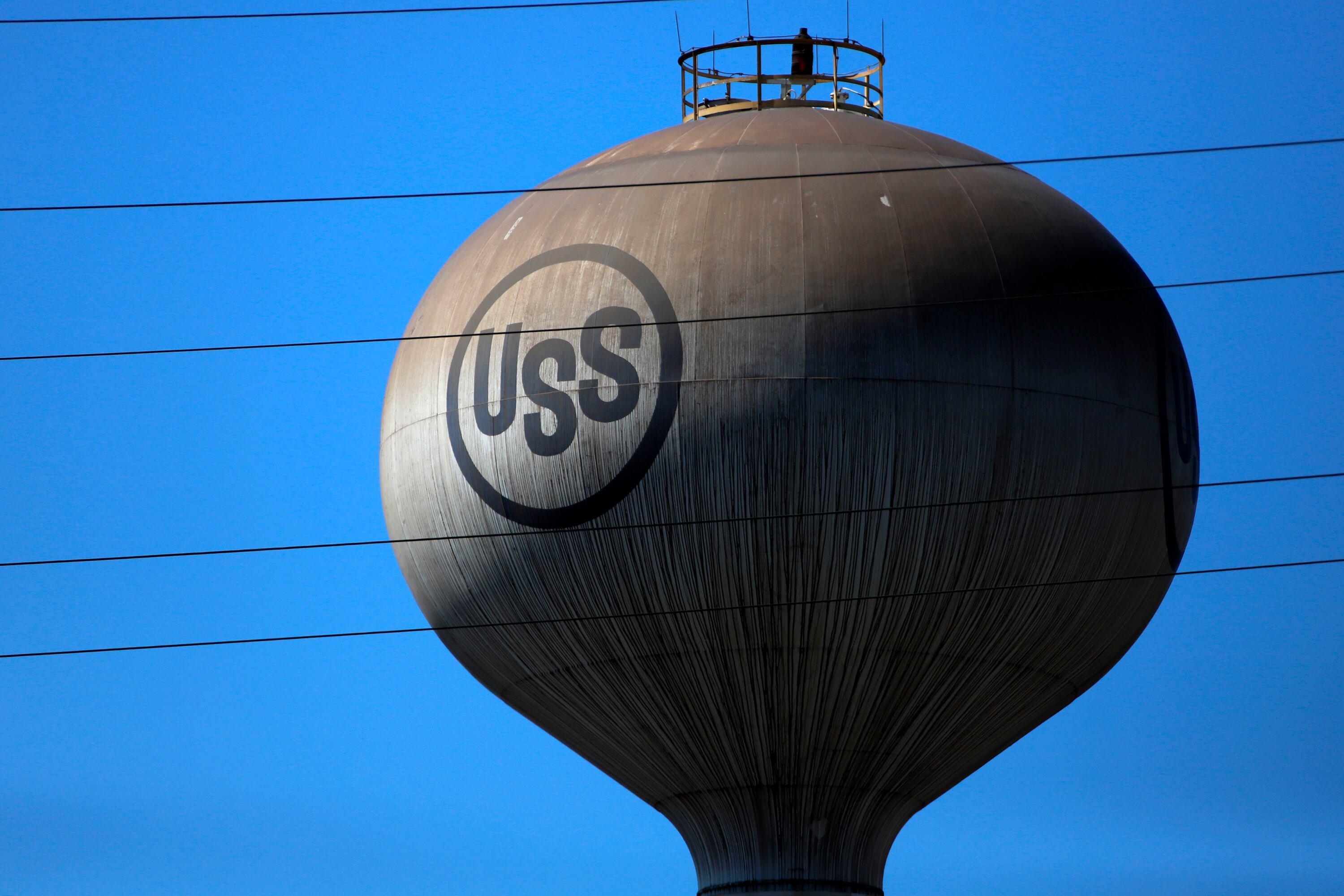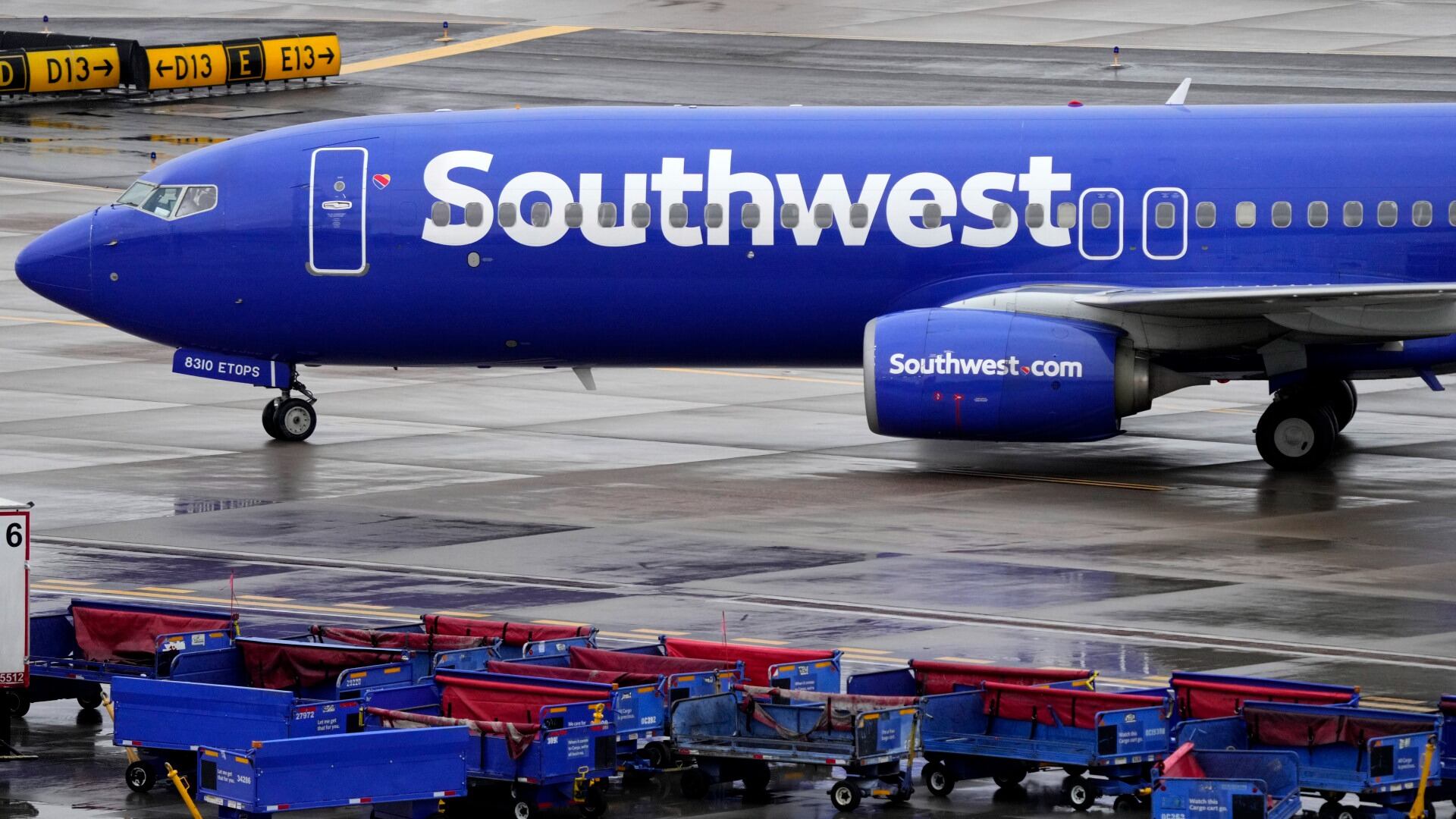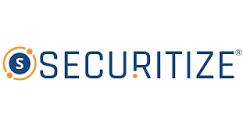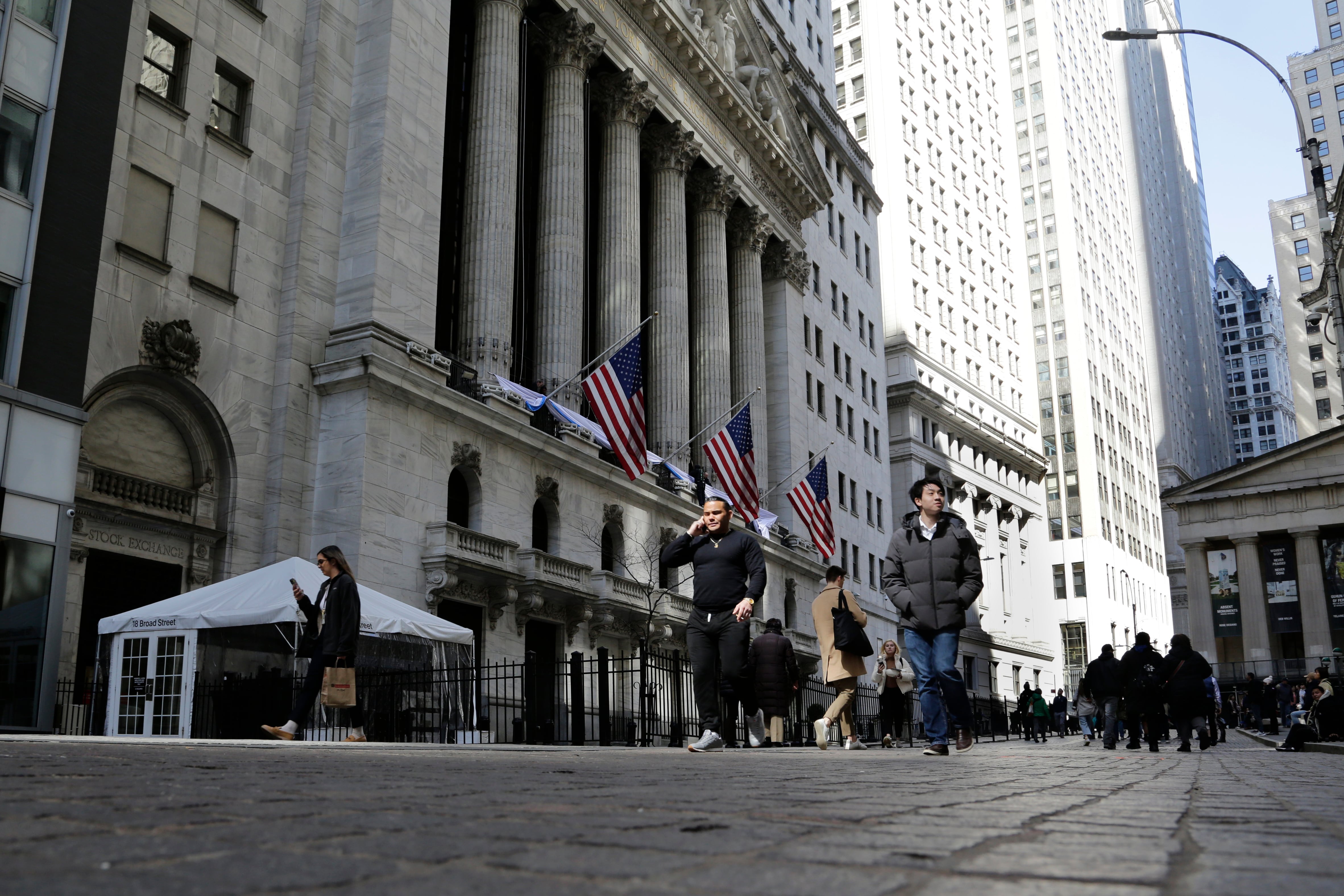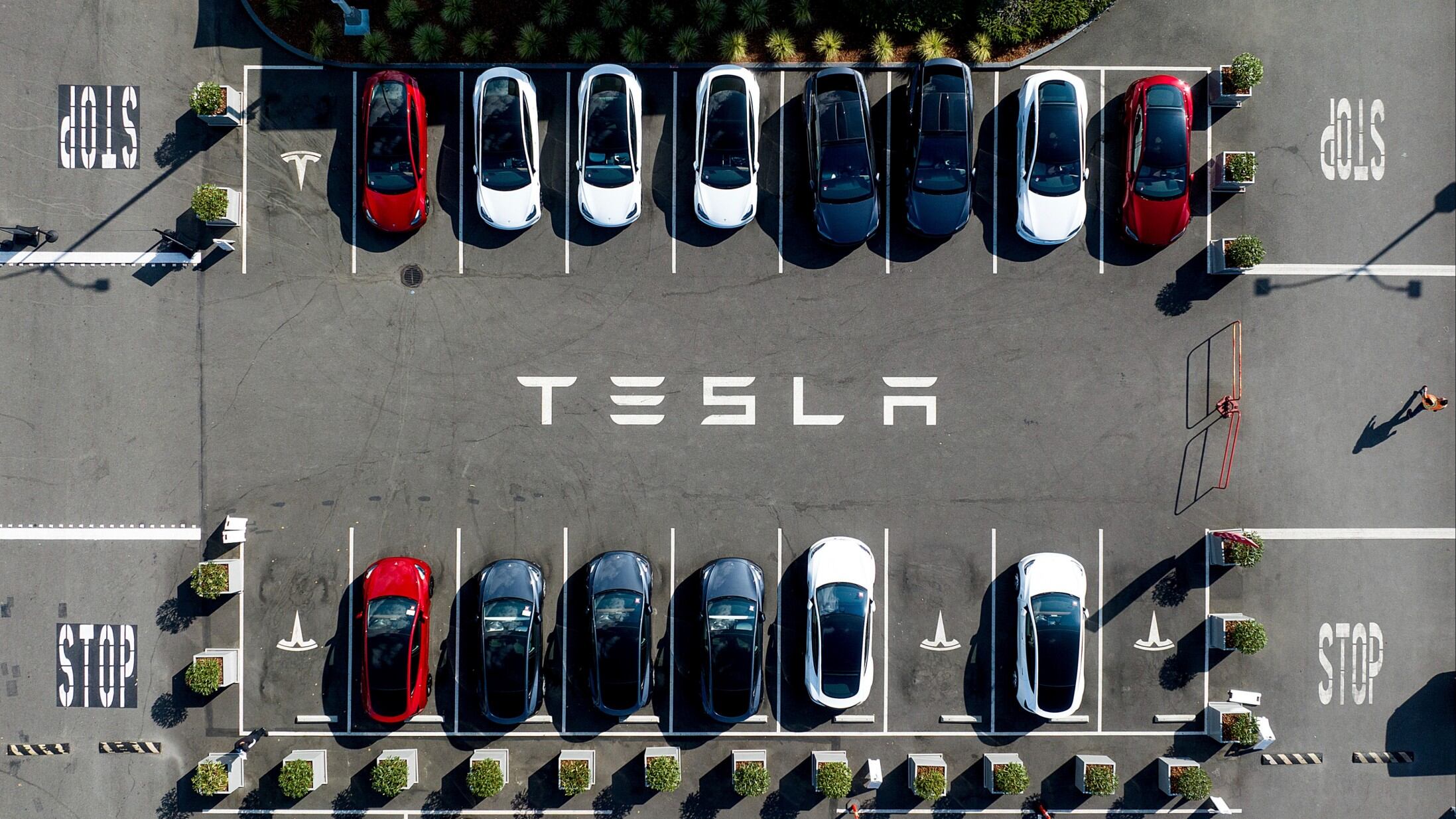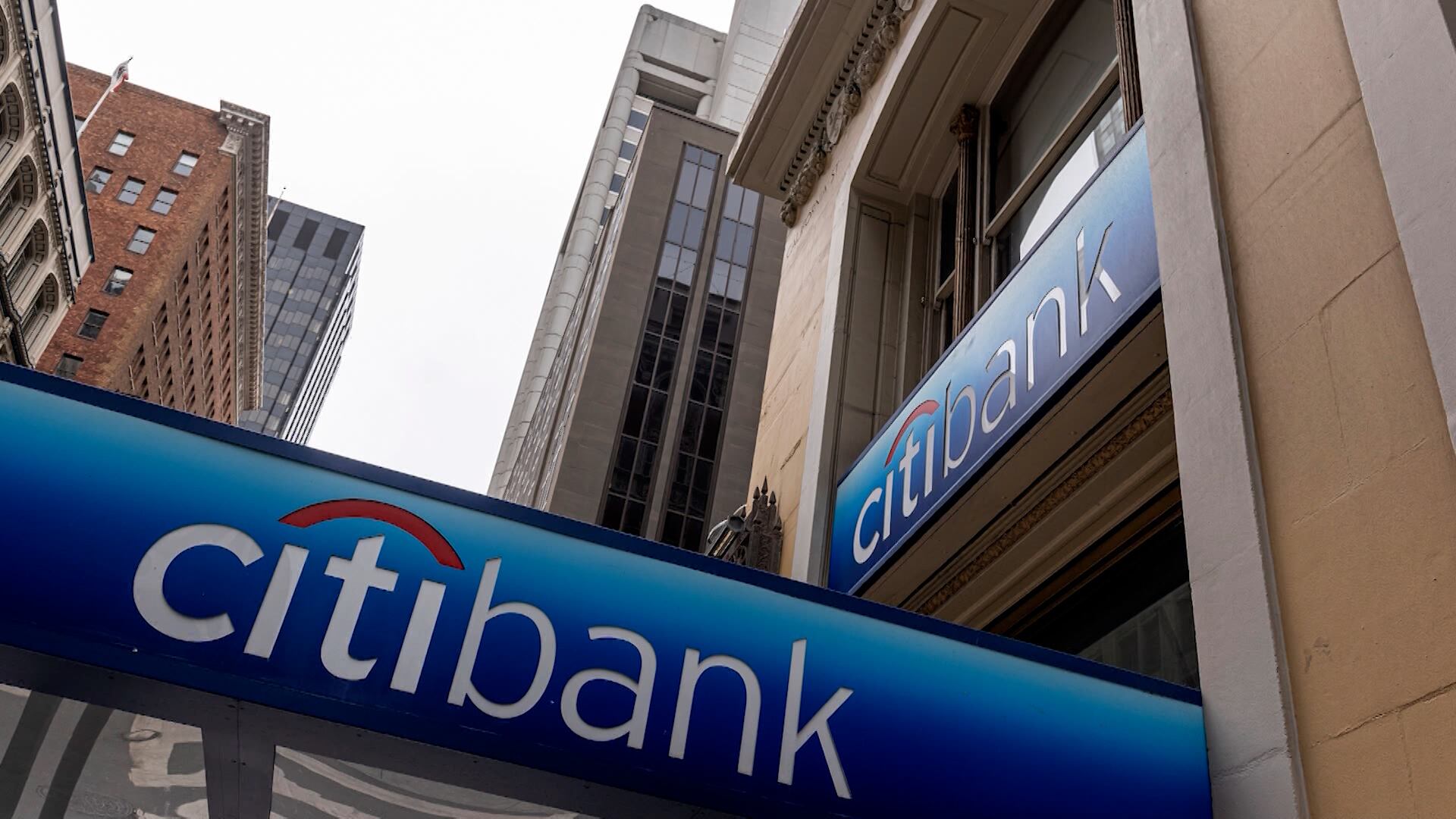The U.S. is seeing the biggest spike in demand for cold, hard cash since the Y2K “bug” panic of 1999, as customers of U.S. banks and credit unions have made big withdrawals to brace themselves for coronavirus fallout.
According to data by the Federal Reserve, the number of banknotes in circulation rose by $35 billion, from $1.808 trillion on March 11 to $1.843 trillion on March 18.
Last week the Federal Deposit Insurance Corporation, the agency that insures bank deposits and protects customers from any losses, urged people to keep their cash in the bank. FDIC Chairman Jelena McWilliams told Cheddar Wednesday that money in insured institutions will be safe, "even if we need to go above and beyond the bank assets to pay out depositors and then replenish the funds.”
The FDIC historically has insured customer deposits up to $250,000 per depositor at FDIC-insured institutions.
McWilliams said the agency doesn’t currently anticipate any bank failures directly resulting from the coronavirus pandemic and that despite the spike in cash withdrawals the FDIC isn’t worried about the system or financial stability of the U.S. The big banks themselves have also insisted they won’t need bailouts.
Nevertheless, the $2 trillion coronavirus stimulus bill, signed into law on Friday, includes a provision allowing the FDIC to insure deposits that total more than $250,000.
Updated March 31 to clarify that the FDIC does not anticipate any bank failures directly resulting from the coronavirus pandemic.
Millions of people have selected insurance plans for 2024 but sometimes navigating them can be tricky time consuming and expensive. Paula Pant, host of 'Afford Anything' podcast, joined Cheddar News to break down what's needed to know about their insurance plans.
The European Union is investigating Elon Musk's X over alleged illicit content and disinformation on its platform. Cheddar News breaks it all down and discusses what it could mean for users.
Adobe and Figma called off their $20 million merger, Southwest Airlines gets fined, Nippon Steel is buying U.S. Steel and oil and gas prices surge after a pause in shipments.
With more employees being called back to the office, many workers are suddenly protesting by being in the office for as little time as possible. As the term suggests, coffee-badging means coming in for just enough time to have a cup of coffee, show your face, and swipe your badge.
Japan's Nippon steel is buying U.S. Steel for $14.9 billion.
Southwest Airlines will pay a $35 million fine as part of a settlement over a 2022 holiday season disaster that saw the airline cancel thousands of flights and leave millions of people stranded.
Cheddar News' Need2Know is brought to you by Securitize, which helps unlock broader access to alternative investments in private businesses, funds, and other alternative assets. The private credit boom is here and the Hamilton Lane Senior Credit Opportunities Fund has tripled in assets under management in just six months from November 2022 through April this year. Visit Securitize.io to learn more.
Stocks opened slightly higher after Monday's opening bell after several weeks of gains as the year closes out.
Big Business This Week is a guided tour through the biggest market stories of the week, from winning stocks to brutal dips to the facts and forecasts generating buzz on Wall Street.
Citi told most of its employees that they could work from home at the end of the month, according to CNBC.

